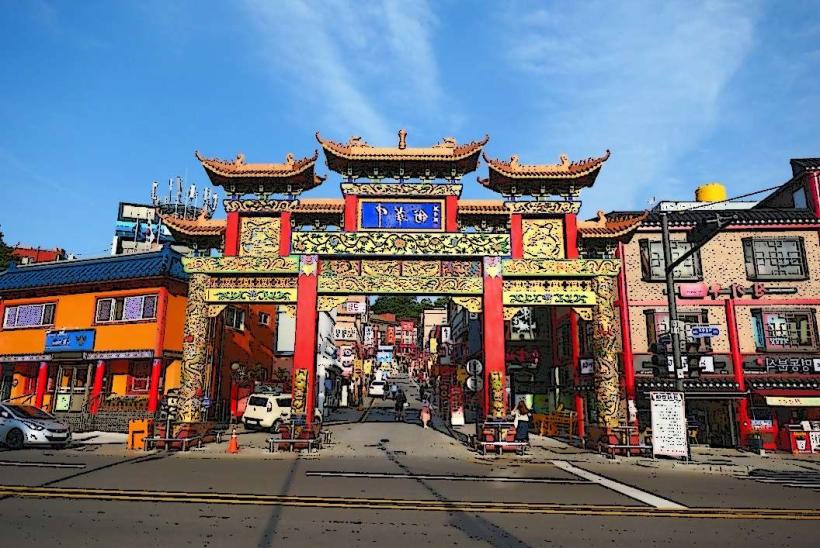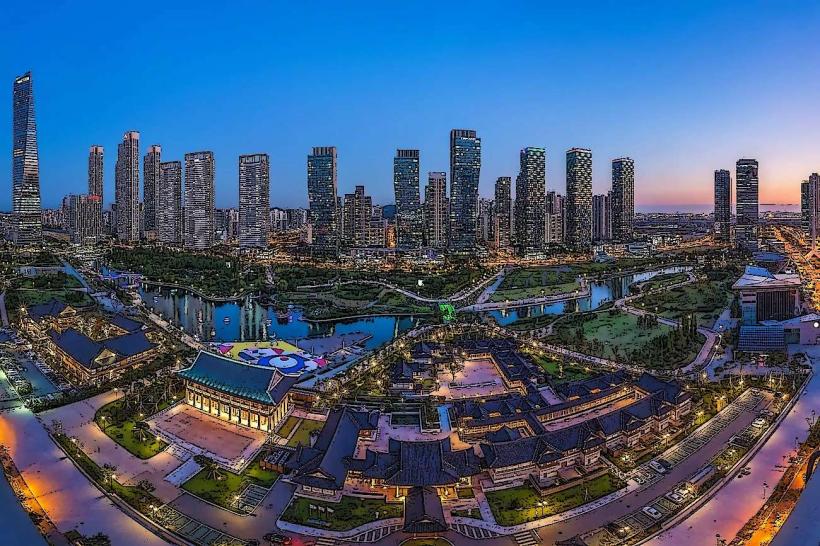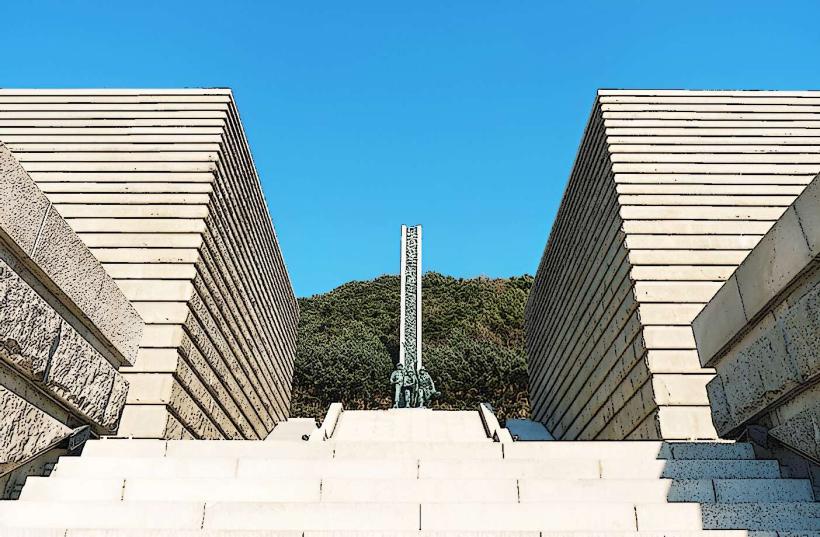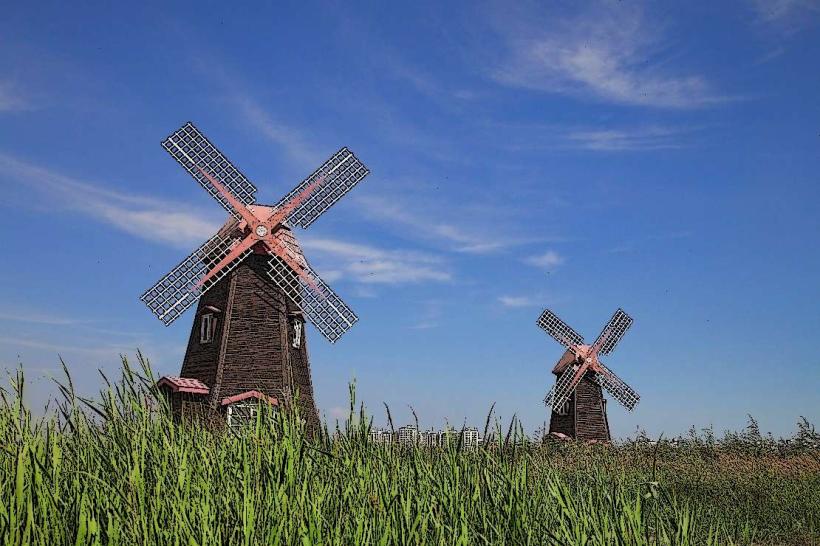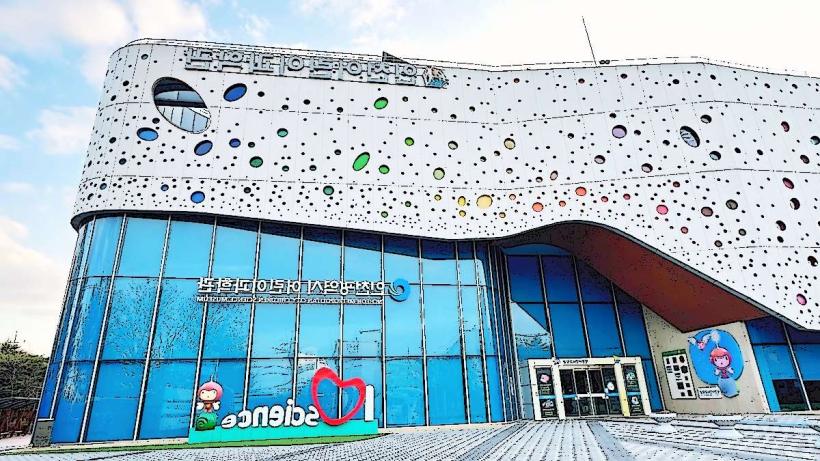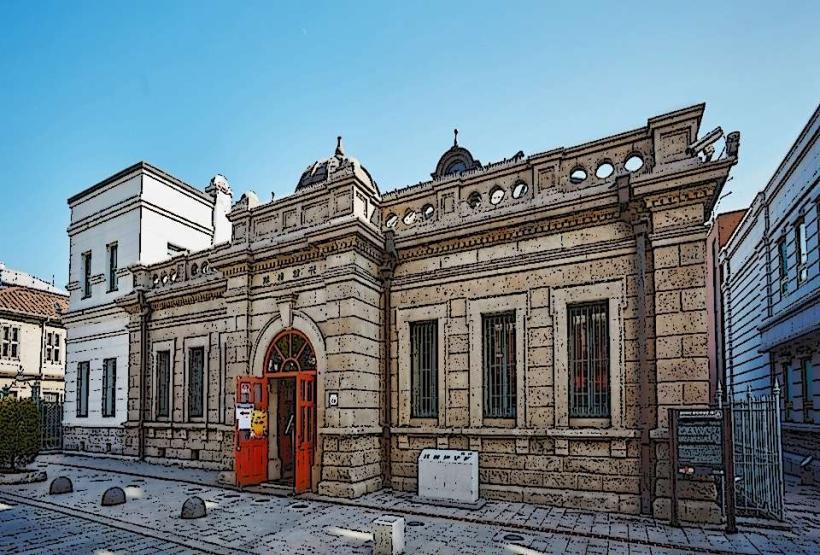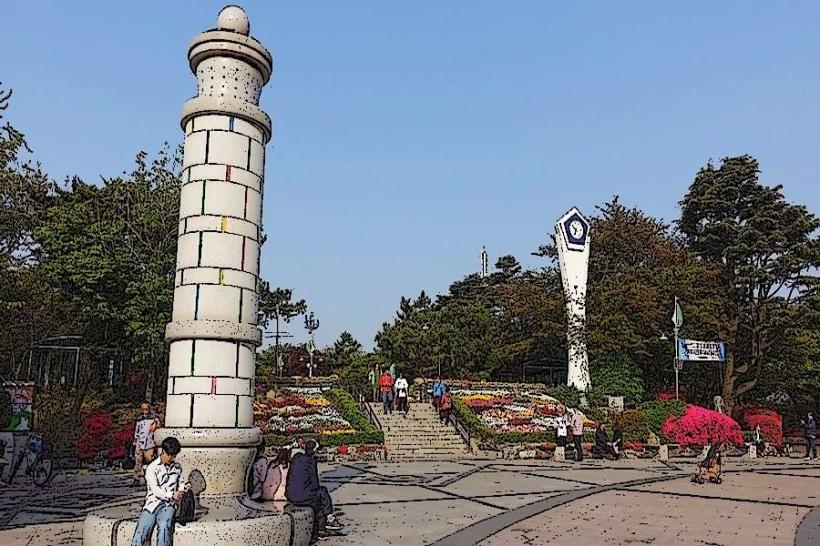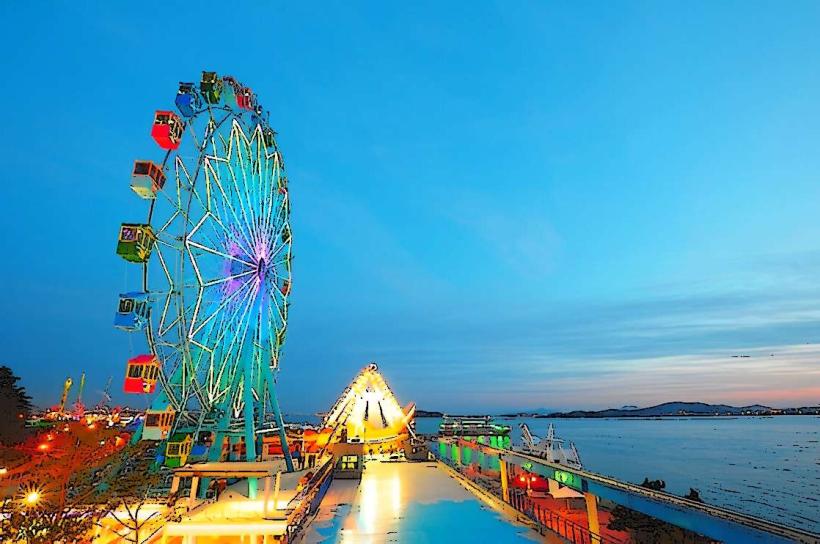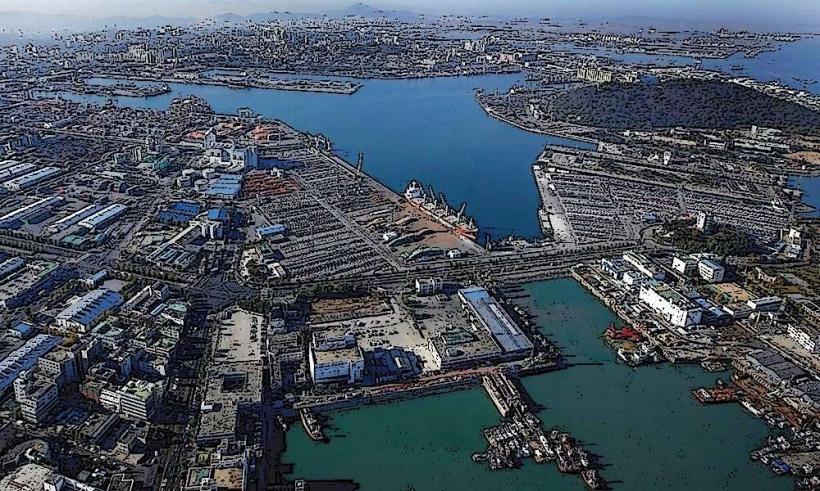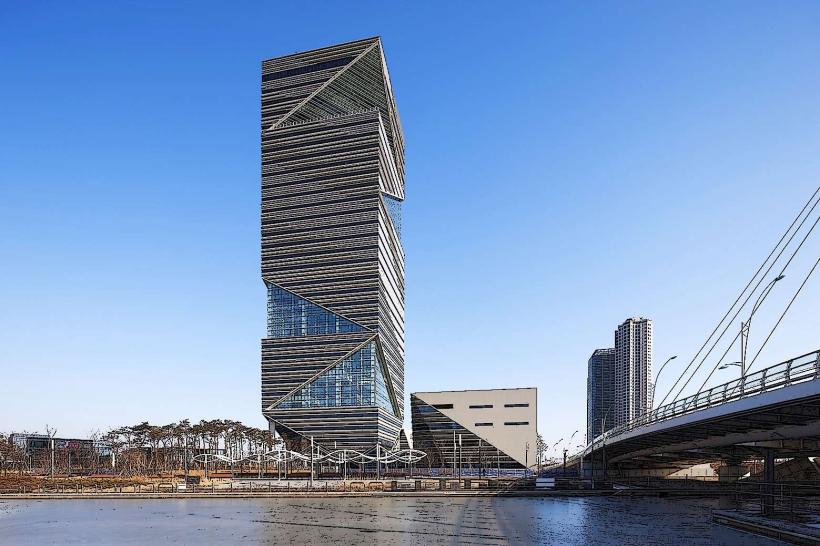Information
Landmark: Incheon International AirportCity: Incheon
Country: South Korea
Continent: Asia
Incheon International Airport, Incheon, South Korea, Asia
Incheon International Airport (ICN) is a major international airport serving the Seoul Capital Area and is located on Yeongjong Island in Incheon, South Korea.
Visual Characteristics
The airport complex comprises two main passenger terminals, Terminal 1 and Terminal 2, connected by an internal shuttle train. Terminal 1 is a large, multi-level structure constructed primarily of steel and glass, featuring a distinctive curved roofline. Terminal 2, opened in 2018, is a more modern design with a focus on natural light and efficient passenger flow, also utilizing steel, glass, and concrete. The exterior is characterized by expansive glass facades and extensive tarmac areas for aircraft parking and movement.
Location & Access Logistics
Incheon International Airport is situated approximately 48 kilometers west of Seoul's city center. Access is primarily via the Airport Expressway (Route 130). Public transport options include the AREX (Airport Railroad Express) with express and all-stop services to Seoul Station, and various intercity bus routes (e.g., KAL Limousine Bus, City Bus) serving multiple destinations within Seoul and surrounding cities. Parking is available in multi-story car parks and outdoor lots adjacent to the terminals.
Historical & Ecological Origin
Construction of Incheon International Airport began in 1992 and it officially opened on March 29, 2001. The airport was built on reclaimed land, significantly expanding the landmass of Yeongjong Island. The project was undertaken by the Korean Airport Authority to replace the aging Gimpo International Airport as the primary international gateway for South Korea.
Key Highlights & Activities
Passengers can utilize a range of services including duty-free shopping, dining at numerous restaurants and cafes, and accessing lounges. The airport offers free Wi-Fi throughout its terminals. Visitors can observe aircraft movements from designated viewing areas. Terminal 2 features an indoor garden and cultural exhibition spaces.
Infrastructure & Amenities
Both terminals are equipped with extensive restroom facilities, including family restrooms. Ample seating is provided throughout the public areas. Many areas offer natural light, and some internal spaces are landscaped. Cell phone signal (4G/5G) is consistently strong across the terminals and surrounding areas. Numerous food vendors, cafes, and restaurants are located within the terminals. Medical centers and pharmacies are also available.
Best Time to Visit
For photography of aircraft, early morning or late afternoon light provides optimal conditions. The airport operates 24 hours a day, with peak passenger traffic typically occurring during morning and evening hours. Weather is generally most favorable for travel between April and October, avoiding the colder winter months and the summer monsoon season.
Facts & Legends
Incheon International Airport was consistently ranked as the world's best airport by Airports Council International for 12 consecutive years from 2005 to 2016. A local legend suggests that the island on which the airport is built was once home to a mythical sea dragon, and the airport's construction was a way to appease its spirit.
Nearby Landmarks
- Paradise City (1.2km Northeast)
- Wolmido Island (8.5km Southeast)
- Incheon China Town (10.1km Southeast)
- Incheon Metropolitan City Hall (10.5km Southeast)
- Jayu Park (11.2km Southeast)

